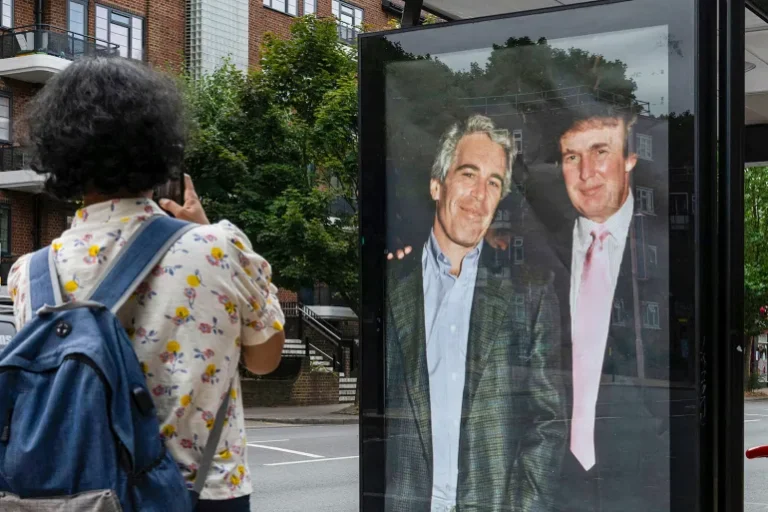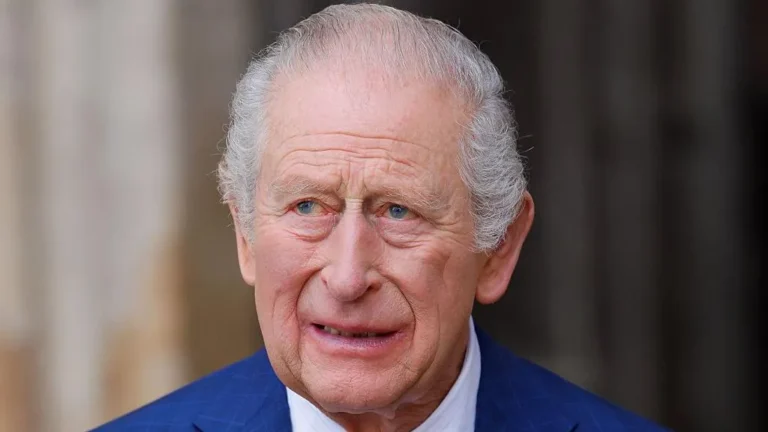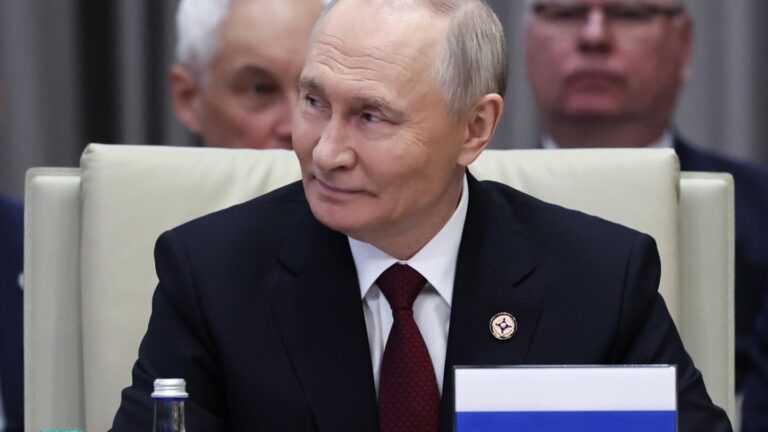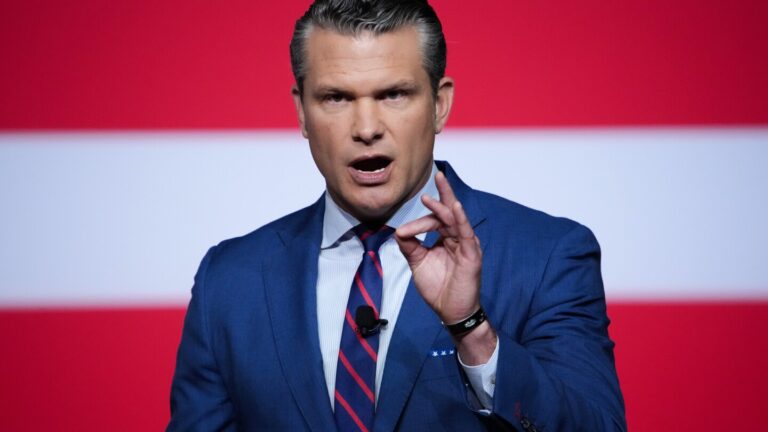
President Donald Trump has asserted that the United States does not require congressional authorization to carry out military strikes against alleged “narco-terrorists”, following a series of controversial attacks on vessels in the Caribbean Sea and Pacific Ocean.
Speaking to reporters at the White House on Thursday, Trump said, “I don’t think we’re going to ask for a declaration of war. We’re going to kill the people bringing drugs into our country.” He added that the campaign, which has so far focused on maritime operations, would soon expand to land targets.
The US military has reportedly struck at least nine vessels since early September, resulting in 37 deaths, according to Pentagon sources cited by media agencies. Officials have not provided evidence linking the targeted ships to criminal organizations.
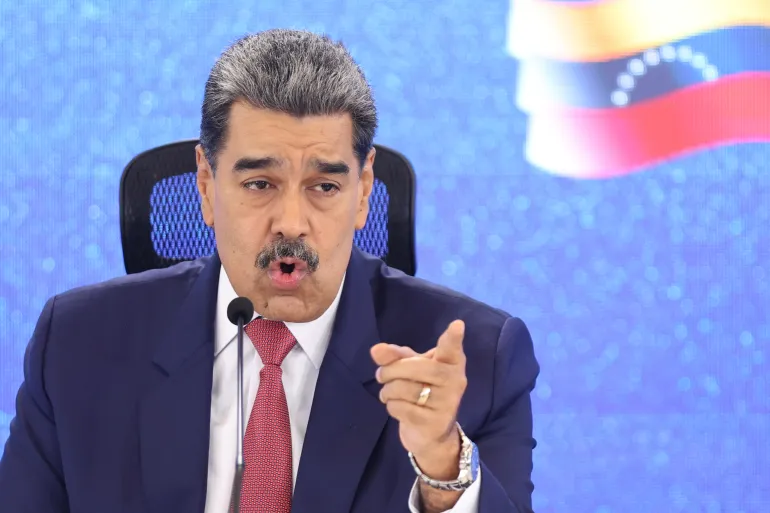
Escalation in Latin America
The widening campaign involves US Navy destroyers, F-35 fighter jets, a nuclear submarine, and thousands of troops deployed across the Caribbean. The White House has described the actions as part of a “defensive counterterrorism mission” aimed at dismantling Latin American drug cartels.
Tensions have escalated between Washington and regional leaders. The US has accused Venezuelan President Nicolás Maduro and Colombian President Gustavo Petro of facilitating narcotics trafficking. Both have condemned the operations as violations of international sovereignty.
Maduro said his military possesses 5,000 Russian-made surface-to-air missiles to repel any potential US attack, while Colombian President Petro denounced the strikes as “extrajudicial executions” in breach of global law.
ALSO READ: Apple Found Guilty of Abusing Market Power in UK App Store Case, Faces Major Damages
Tracking data from Flightradar24 showed a US B-1B bomber flying near Venezuela’s coast on Wednesday before turning back north — the second such flight in a week. The Pentagon described similar B-52 missions last week as demonstrations of “strategic deterrence” and readiness.
Criticism and Legal Concerns
Regional governments and international watchdogs have questioned the legality of Washington’s campaign. Mexico’s President Claudia Sheinbaum said her country “does not agree” with the US actions, emphasizing that operations in international waters must comply with maritime law.
Human rights organizations have voiced alarm as well. Amnesty International warned that missile strikes without evidence or judicial oversight constitute a breach of humanitarian principles.
Despite growing criticism, Trump doubled down on his stance, calling the cartels the “ISIS of the Western Hemisphere.” Defense Secretary Pete Hegseth echoed that comparison, stating on social media that “there will be no refuge or forgiveness — only justice.”
The US president’s remarks underscore a sharp escalation in Washington’s militarized approach to drug enforcement, marking one of the most aggressive anti-cartel campaigns in decades — and one that may test the limits of executive power in foreign military engagement.

